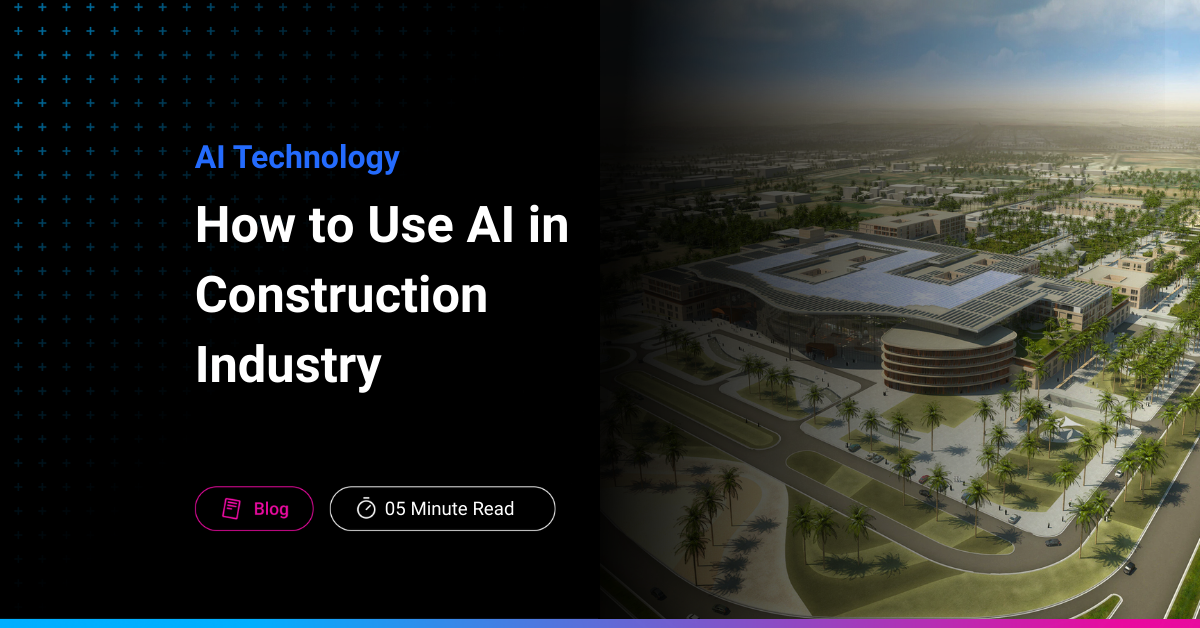Service that suites your needs
Our custom software development process revolves around an AI-centric approach, enhancing user experiences and delivering highly efficient solutions through advanced artificial intelligence technologies.
.png?width=292&height=132&name=Image%20(3).png)
Our custom software development process revolves around an AI-centric approach, enhancing user experiences and delivering highly efficient solutions through advanced artificial intelligence technologies.
.png?width=292&height=132&name=Image%20(3).png)
At Phyniks, we combine AI and creativity to drive innovation. Our tailored solutions yield extraordinary results. Explore our knowledge base for the latest insights, use cases, and case studies. Each resource is designed to fuel your imagination and empower your journey towards technological brilliance.
.png?width=284&height=129&name=Image%20(4).png)
At Phyniks, we combine AI and creativity to drive innovation. Our tailored solutions yield extraordinary results. Explore our knowledge base for the latest insights, use cases, and case studies. Each resource is designed to fuel your imagination and empower your journey towards technological brilliance.
.png?width=284&height=129&name=Image%20(4).png)

The construction industry is facing several persistent challenges - delayed project timelines, budget overruns, and a severe skills shortage.
In fact, a study by McKinsey shows that the construction industry has been notoriously inefficient, with productivity growth lagging behind other sectors for decades. It’s not just about getting things done, but doing them faster, smarter, and more cost-effectively.
And that’s where AI in construction comes in.
As are already in 2025 and the AI in construction industry is expected to reach new heights.
| According to a report by Grand View Research, the global AI market in construction is projected to grow from $2.4 billion in 2023 to over $22 billion by 2030.
With such rapid growth, it’s clear that AI-driven solutions are no longer a luxury but a necessity for construction companies wanting to stay competitive.
The adoption of AI in construction management is no longer just a conversation—it’s becoming a reality. Leading firms are investing heavily in AI technologies to tackle common bottlenecks like inefficiencies, delays, and human error.
From the planning stage to project delivery, artificial intelligence in construction is being used to:
AI isn’t just improving processes, it’s changing how sites operate daily:
These early wins show how AI in construction isn’t just another trend. It’s a practical step forward for an industry that’s been long overdue for innovation. The real impact? Faster projects, fewer surprises, and safer sites.
The construction industry, traditionally slow to adopt new technologies, is now embracing artificial intelligence (AI) to tackle persistent challenges such as project delays, budget overruns, and safety concerns. According to a McKinsey report, companies that have digitized are 50% more likely to profit from new AI technologies.
AI-driven project management platforms are transforming how construction managers optimize scheduling, allocate resources, and manage risks. These tools can predict potential delays, cost overruns, and resource bottlenecks, enabling better decision-making and keeping projects on schedule and within budget.
AI can streamline project management by optimizing schedules, predicting potential issues, and managing resources more effectively. It can also enhance safety by monitoring worksites and identifying potential hazards.
AI-powered cameras and sensors can monitor the quality of construction work, identify defects, and alert workers and managers to issues that need to be addressed. This proactive approach minimizes accidents and promotes a safer work environment.
AI can optimize the allocation of labor and materials, making the scheduling of construction tasks more efficient and cost-effective. This leads to better resource utilization and reduced waste.
AI-powered cameras and sensors can monitor the quality of construction work, identify defects, and alert workers and managers to issues that need to be addressed. This ensures that projects meet the required standards and reduces the need for rework.
AI can enhance supply chain management by predicting demand for materials, optimizing delivery schedules, and identifying potential disruptions. This leads to cost savings and ensures that materials are available when needed, preventing project delays.
AI tools can analyze historical data to predict project costs with greater accuracy. This reduces the risk of budget overruns and helps in making informed bidding decisions. By considering factors such as labor rates, material costs, and project timelines, AI provides more reliable estimates.
AI agents are transforming the construction industry by streamlining operations and enhancing precision. From real-time project monitoring to predictive maintenance and intelligent safety systems, their impact is game-changing. Discover how these smart solutions are reshaping how we build.
Digital twins are virtual replicas of physical assets. Integrating AI with digital twins allows for real-time monitoring and simulation of construction projects. This technology enables stakeholders to visualize progress, predict outcomes, and make data-driven decisions, enhancing project efficiency and reducing risks.
AI is being used to make buildings more energy-efficient, especially as heating and lighting account for 18% of global energy consumption. AI can help modernize outdated HVAC systems, which are often inefficient. One study predicts that AI could reduce buildings' energy consumption and carbon emissions by at least 8%.
AI enhances BIM by automating clash detection, optimizing design alternatives, and improving collaboration among stakeholders. This leads to more accurate models, efficient workflows, and better project outcomes.
Incorporating AI in construction management is no longer a futuristic concept but a present-day reality. By leveraging artificial intelligence in construction, companies can address longstanding challenges, enhance efficiency, and position themselves competitively in an evolving market.
While the benefits of AI in construction are clear, implementation isn't without roadblocks. Addressing these challenges early can ensure smoother integration and long-term success with artificial intelligence in construction.
1. Data Quality and Integration
AI systems rely heavily on accurate and comprehensive data. In construction, data often comes from various sources and formats, making integration complex. Ensuring data consistency and quality is crucial for effective AI implementation.
2. Workforce Adaptation
Introducing AI in construction management requires a workforce that is adaptable and willing to learn new technologies. Training programs are essential to equip employees with the necessary skills to work alongside AI tools.
3. Cost of Implementation
The initial investment in AI technologies can be substantial. Companies must consider the long-term return on investment and plan accordingly to ensure financial viability.
4. Cybersecurity Concerns
With increased digitization comes the risk of cyber threats. Protecting sensitive project data and maintaining system integrity are paramount.
5. Regulatory Compliance
Navigating the legal landscape is essential when implementing AI solutions. Compliance with industry regulations and standards must be maintained to avoid legal complications.
The rise of AI in construction is raising questions about how it will impact workers on the ground. There’s a common concern that automation could replace jobs but that’s only part of the story.
In most cases, AI won’t take over jobs, it’ll change them. Many of the time-consuming and repetitive tasks, like scheduling, quality checks, and procurement, can now be handled by AI systems. This gives workers more time to focus on work that needs human judgment and hands-on experience.
For example:
As AI becomes part of everyday construction management, the workforce will need to adapt. Workers won’t need to become coders but they will need to become comfortable working with digital tools and understanding how AI supports their tasks.
This means:
Instead of shrinking opportunities, AI in construction industry work will create new roles- from data operators to AI system supervisors. Companies that focus on training their teams early will be the ones that gain the most from this shift.
1. CarbonCure Technologies
CarbonCure uses AI to optimize concrete mixtures, reducing carbon emissions during the curing process. By analyzing data from various sources, their AI platform adjusts mixture proportions to enhance sustainability without compromising structural integrity.
2. Buildots
Buildots employs AI-powered progress tracking and advanced analytics to enhance construction efficiency. Their technology has been instrumental in reducing costs and minimizing delays in large-scale construction projects.
AI isn’t just changing how construction works; it’s reshaping what’s possible. From better cost estimates and resource planning to safer work environments and streamlined supply chains, the impact is real. More importantly, AI in construction management will help businesses respond faster to on-ground realities, be it shifting material costs, labour challenges, or client demands. Sustainability will also play a central role, with AI optimizing energy use, reducing waste, and supporting eco-friendly practices throughout the project lifecycle.
But the path to adoption does come with its own set of challenges, from training the workforce to ensuring data systems speak the same language.
Those who take a thoughtful, phased approach to integrating artificial intelligence in construction will be the ones to watch in the next decade.
Thinking about bringing AI into your business? Talk to our experts at Phyniks today, we’ll help you build smarter.

Sign up for Links for Thinks — a weekly roundup of resources like this to help you uplevel your design thinking straight to your inbox
We'd love to hear from you! Whether you have a question about our services, want to discuss a potential project, or just want to say hi, we are always here to have meaningful conversations.